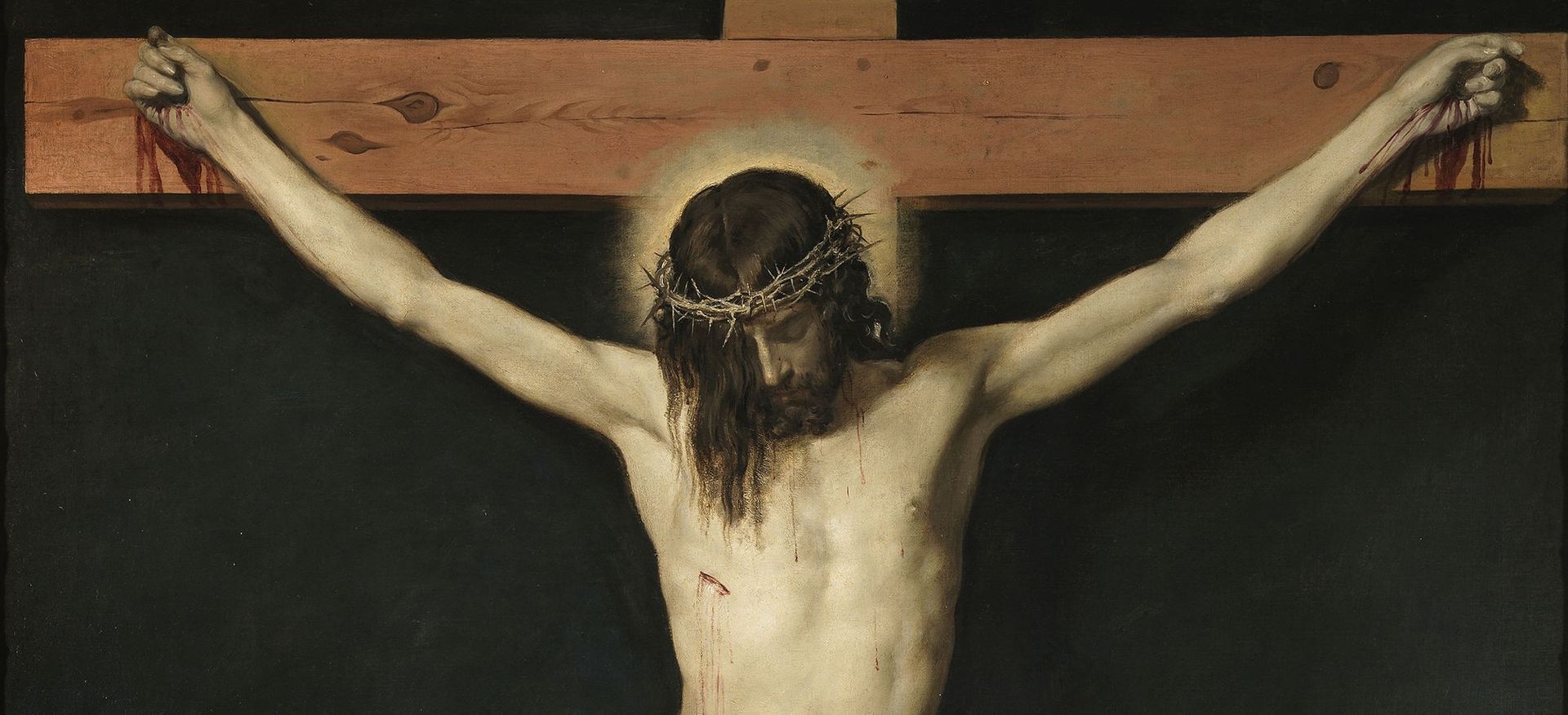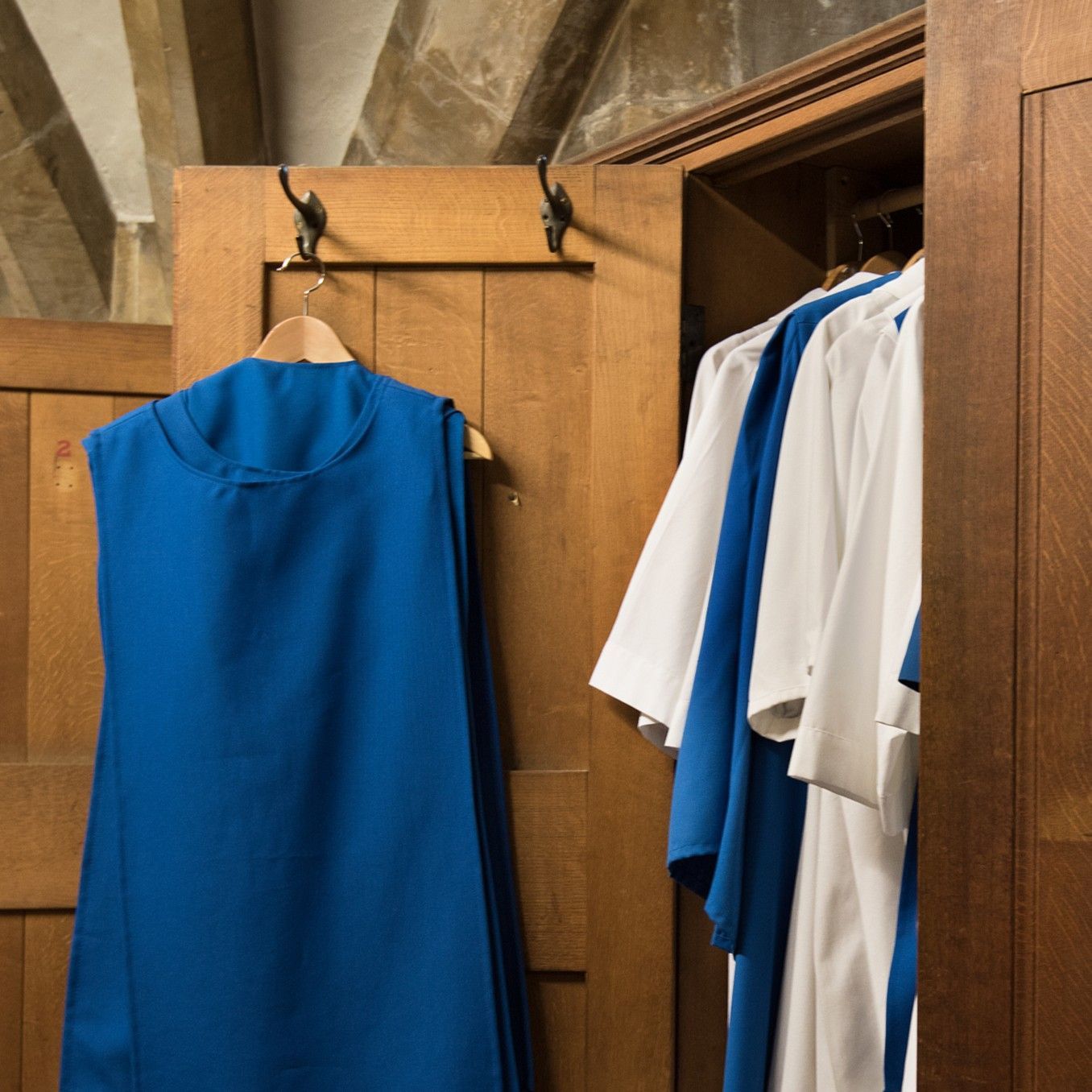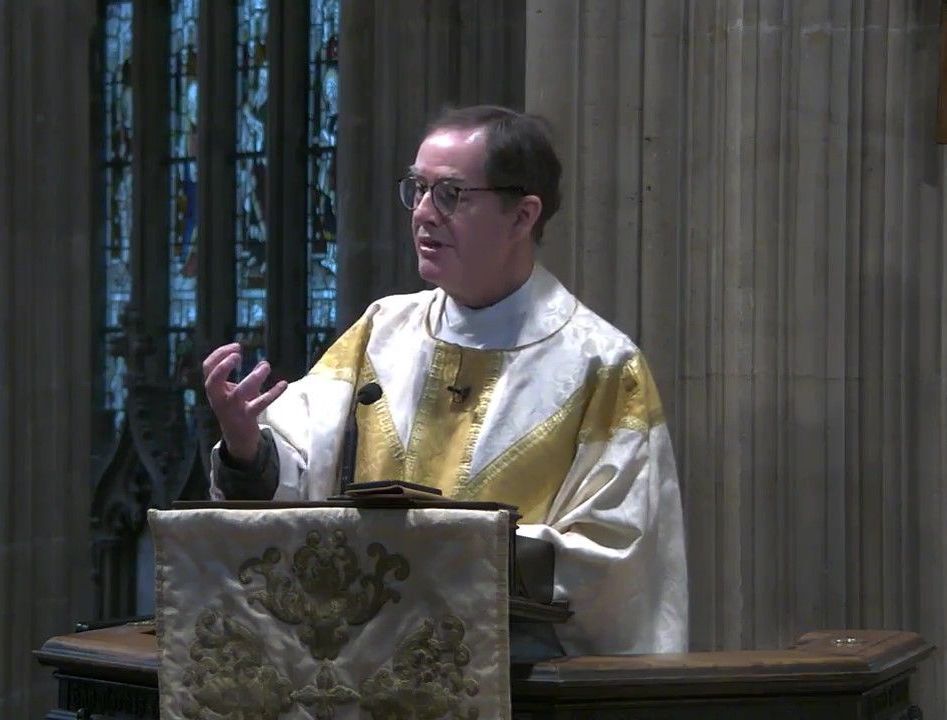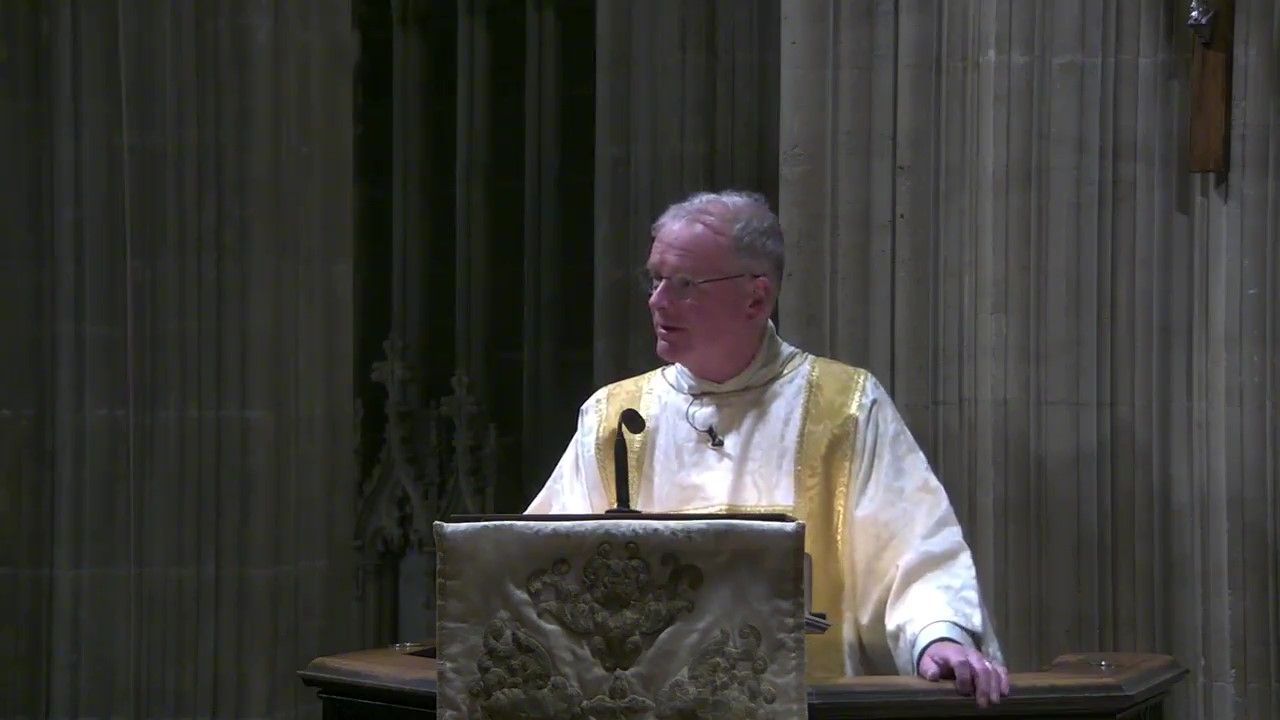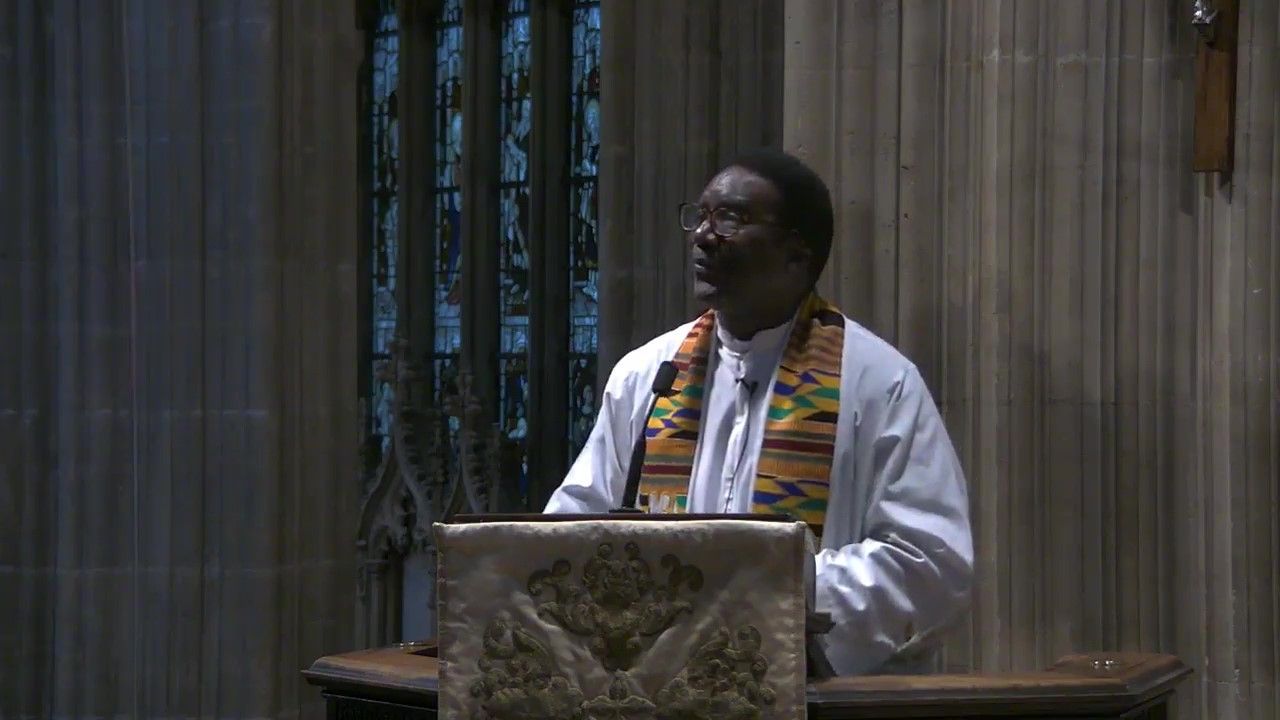The next day
It is often Mark’s gospel that cited as the one that hurries along. And indeed it does: the word ‘immediately’ appears 28 times in 16 chapters. But it’s not only Mark whose gospel account has a sense of urgency.
This Sunday’s gospel comes from John and begins with “The next day …”. The paragraph before begins “The next day …” and the one before that starts with “The next day …” And if we look at the paragraph after this Sunday’s gospel, it starts with “On the third day…”. We’ll get to that next weekend. For now, we are left with this theme of unrelenting forward momentum.
We are in the very first chapter of John’s gospel. We’ve heard that extraordinary prologue which declares that the light shines in the darkness and the darkness shall never overcome it. We’re told about the testimony of John the Baptist who came as a witness to the light. All of which culminates in the almost unbelievable claim that the Word became flesh and dwelt among us. John the Baptist explains that he is not the Messiah, that he baptises with water and that someone stands among them, whom they do not know, who is the one coming after him.
The next day … Jesus comes to be baptised by John the Baptist.
The next day … John the Baptist sees Jesus and exclaims “Here is the Lamb of God!”
The next day … Jesus decides to go to Galilee (which is this Sunday’s narrative)
On the third day … Jesus goes to a wedding in Cana of Galilee
Later in John’s gospel we encounter a narrative that is slow, reflective, even ponderous. But not here: not yet. In these early passages, the gospel writer has so much to fit in that the writing is insistent and unyielding. And it is all leading up to the truth that reveals the full nature of Christ, made known in ‘the first of his signs’ at that wedding when water was turned into wine.
On the third day … does that phrase ring a bell?
We could get hung up on the maths or the exact chronology of events. If we did, I wonder if we’d be falling into the trap of looking at all this through the lens of our 21st century, western context. Whether or not that’s true, we’d certainly be looking at the wrong ‘thing’.
John, the write of the gospel, isn’t seeking to teach us to add up or map out Jesus’ diary for that week: John’s focus is theological, the study of God, and in particular the divine truth of God incarnate in Jesus of Nazareth.
In the beginning was the Word … and the Word became flesh.
Here is the Lamb of God, says John the Baptist.
You are the Son of God, says Nathanael
All within the first fifty verses!
And then ‘on the third day’ the gospel writer presents us with evidence that this Jesus is not just for the poets and literary elite who find their truth in finely honed language; not just for the fore-runners and followers who find their truth in direct personal interaction; but it also for those who aren’t looking for it. It’s for the steward, who recognised good wine when he tasted it. It’s for servants, who were the only ones to hear what Jesus said. It’s even for the guests, who may not even have known that more wine was needed.
And the fact that we’re told it took place ‘on the third day’ is no coincidence.
Dan Tyndall
12 January 2024

